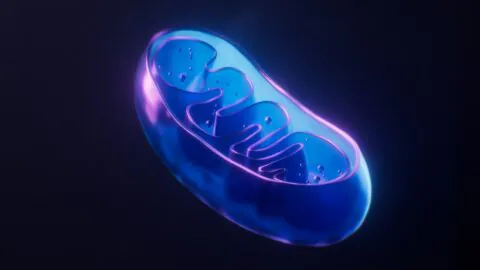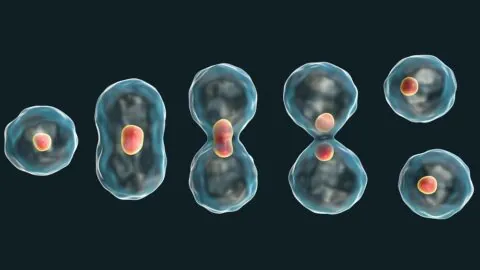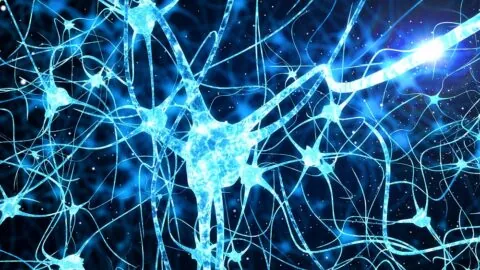February 05, 2026
Researchers publishing in Nature Aging have described how mitochondrial stress is a key part of why senolytics are effective. Finding targeted effectiveness What Are Senolytics? Senotherapeutics for Senescent CellsSenolytics work by targeting one of several pro-survival pathways that senescent cells use to evade apoptosis and cling onto life. One of the challenges in dealing with...
October 01, 2025
A recent study reported that the effectiveness of the senotherapeutic drug ABT-263 depends on the cell’s DNA content, which is based on the cell cycle phase at which the senescent cell was arrested [1]. A personalized approach Cellular SenescenceAs your body ages, more of your cells become senescent. Senescent cells do not divide or support...
September 24, 2025
Recent commentary in Nature Aging summarized the results of clinical trials for senolytics and discussed recommendations for future clinical trials that use personalized medicine approaches [1]. From basic science to clinical trials Cellular SenescenceAs your body ages, more of your cells become senescent. Senescent cells do not divide or support the tissues of which they...
July 10, 2025
Researchers have found that inflamed, senescent microglia prune too many synapses in the hippocampus and demonstrated that a senolytic compound can ameliorate this process in Aging Cell. Some synapse pruning is normal During brain development, the resident immune cells of the brain (microglia) prune unneeded synapses as a form of maintenance. This is normally a...
June 23, 2025
In Aging Cell, researchers have published their findings that mice exposed to influenza experience long-term consequences that can be partially ameliorated with senolytics. Post-viral syndromes Long before the spread of the SARS-CoV-2 virus that causes COVID-19, it had been well-established that viral lung diseases such as influenza lead to lasting damage [1, 2]. Increased risks...
May 19, 2025
The results of a Phase 1 trial of the well-known senolytic combination of dasatinib and quercetin (D+Q) in patients with Alzheimer's disease have been published in Neurotherapeutics. Building on substantial previous work What Are Senolytics? Senotherapeutics for Senescent CellsSenolytics work by targeting one of several pro-survival pathways that senescent cells use to evade apoptosis and...






